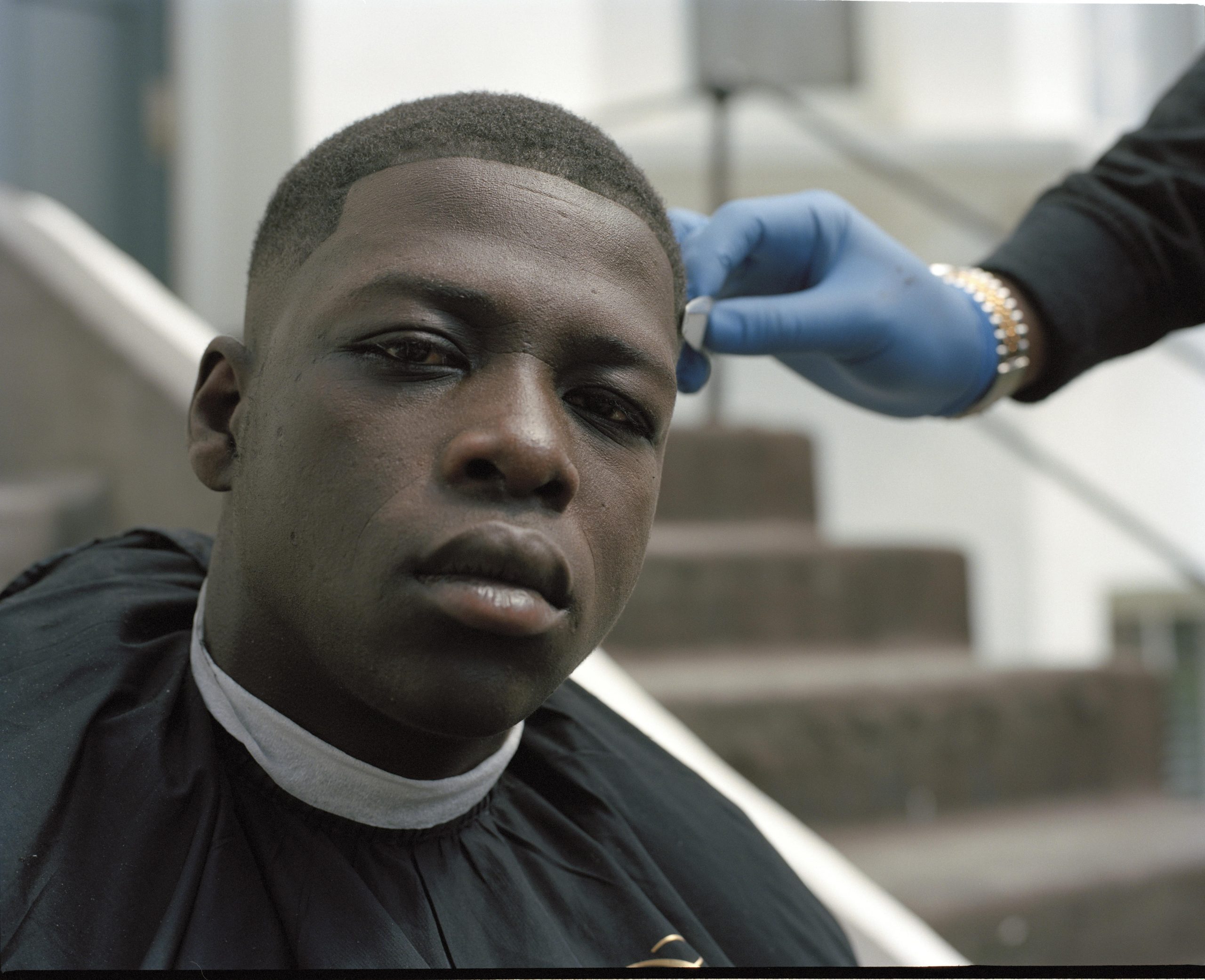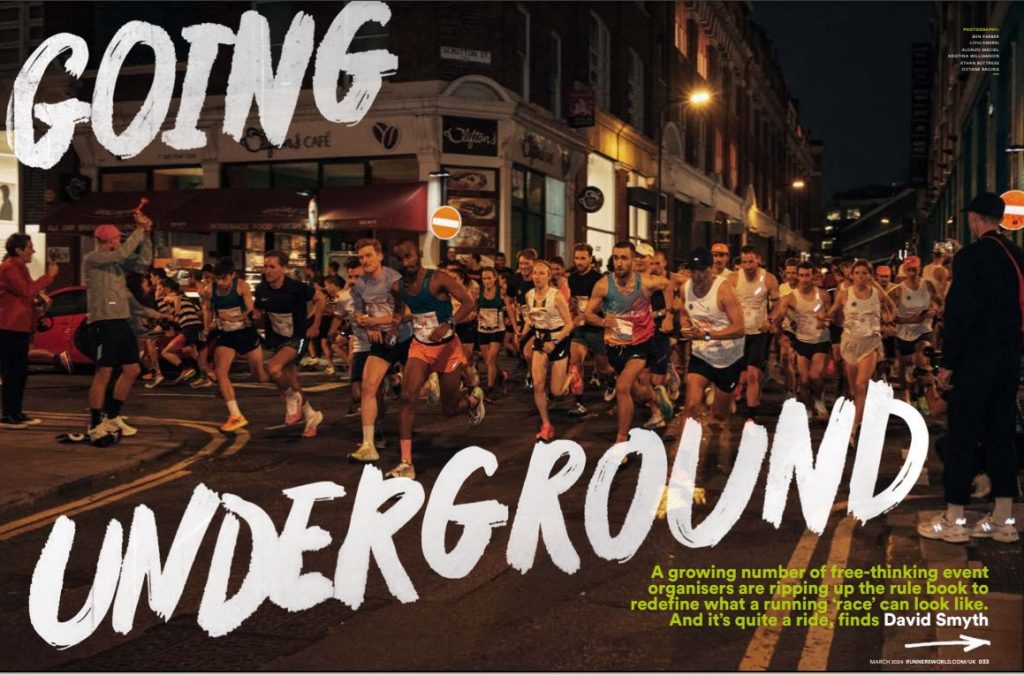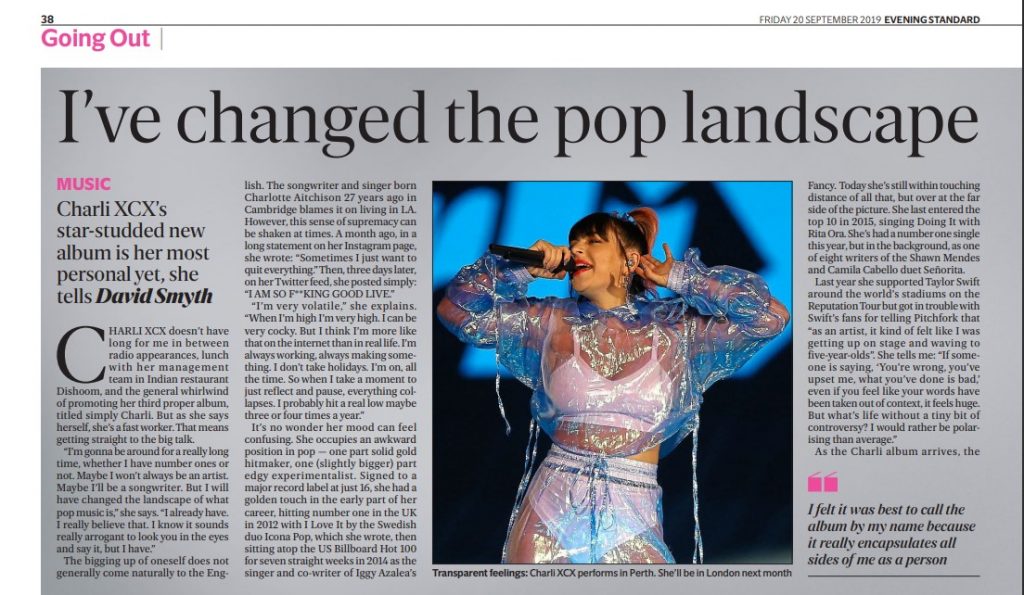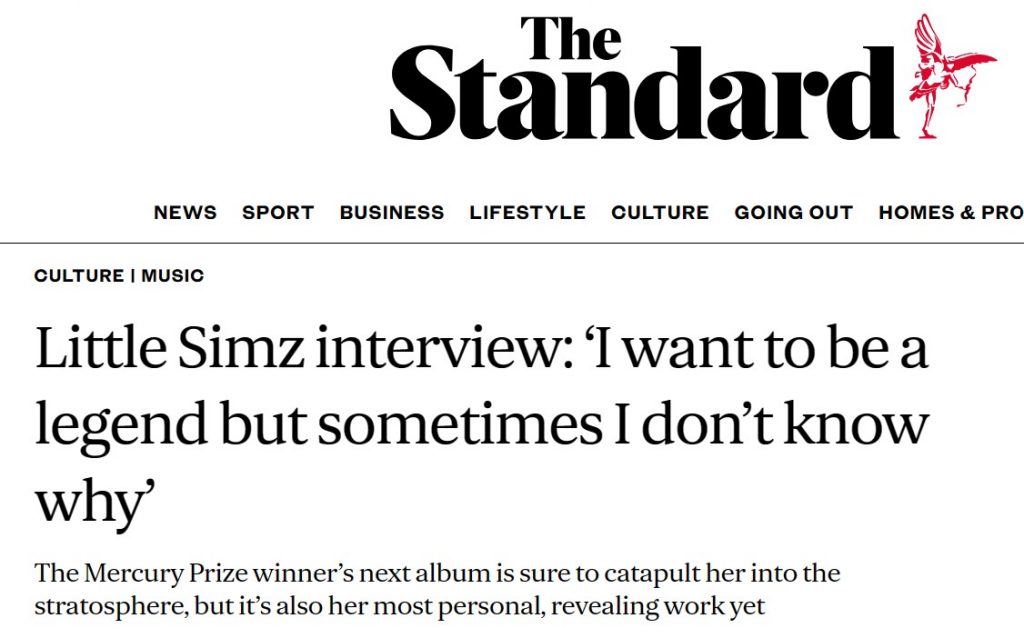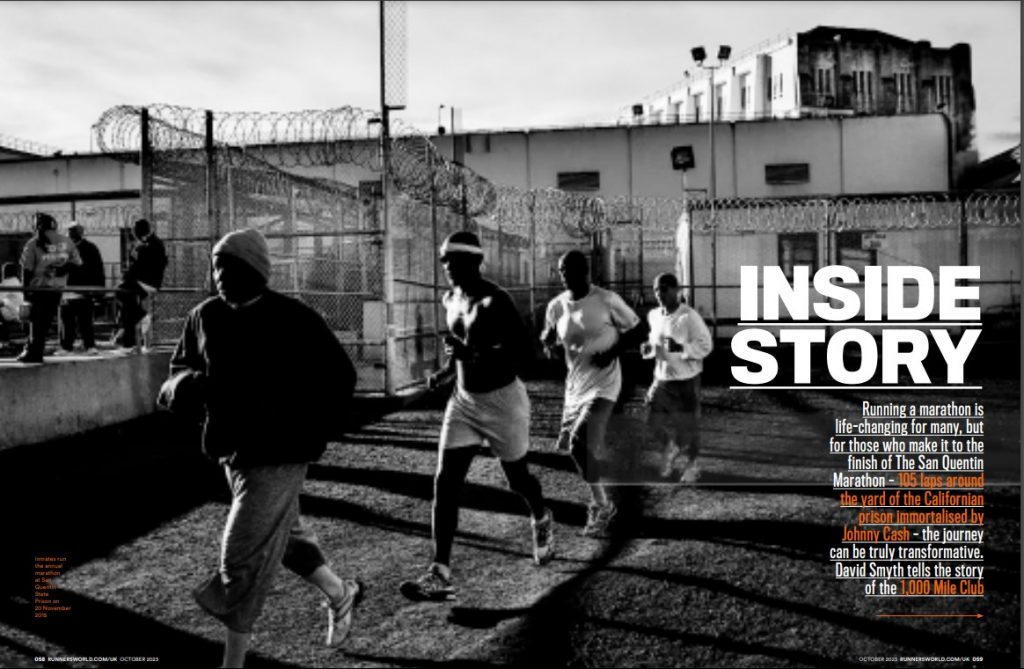Not for the last time in our hour together, Wretch 32 takes a deep breath and pauses for some time before speaking.
“It looks bad, man. It looks really, really bad. It’s like something out of one of those films where it’s the last day on Earth and everybody’s died.”
The 26-year-old rapper, christened Jermaine Scott but known affectionately to all since childhood as Wretch, is talking about the first time he saw the extent of the riot damage to the area of Tottenham he calls home, when he returned from a gig in Northern Ireland last Sunday.
Now, because of the type of music they make, he and his urban music peers are experiencing pressure to be spokesmen and he isn’t keen on the idea. While one tabloid has already blamed rap music for the outbreak of violence, Wretch is understandably reluctant to be cast as a defender of the rioters yet also careful not to condemn.
“This whole situation is very difficult for me,” he says, “because I understand the frustration but I also see exactly how crazy it is.”
On Tuesday night on Twitter, in an angrier mood, he wrote: “No 1 fucking chat shit to me bout do this or that. I’m fucking doin my part do urs. And stop chatting shit. Ima human not a fucking god.”
On Wednesday he added: “There parents can’t tell them wat to do. We can only help guide them. And that’s wat we’re doing. Have u seen any artist say GO OUT AND RIOT? No!”
Among his fellow musicians, there’s a general belief that nothing will be solved with a grand statement, especially not something as brief as a tweet. “I’m tryna understand what it actually is people wanna see me tweet … Prayers are more important than tweets trust me! Spread Love!” wrote Wretch’s friend Chipmunk, also from N15.
Another figurehead from the scene, Wiley, has said “I am not a role model”; Tinie Tempah has distanced himself with his only reference being a Martin Luther King quote, and Dizzee Rascal is completely silent. Tinchy Stryder has come down more strongly: “STOP making excuses for the riots, innocent families are suffering.”
Away from the public eye, however, perhaps more effectively, Wretch has been trying to make his mark in the classroom, giving talks in local schools over the past two years on how to work towards a career in music. He recently visited his old school, Northumberland Park, next door to Tottenham Hotspur’s ground, where he personally thanked one of his teachers for sticking at this particular “disruptive smart alec”.
“I come in and tell the class, I’ve done whatever you get up to when you get home, probably 10 times worse. Now I’m doing what I do now. I can name you countless people that I don’t see any more because they’re in prison or they’re dead. You can be them, or you can be me.”
Wretch is closer to the events of the past week than most. He grew up on the area’s tough Tiverton Estate, a mile and a half south of the Broadwater Farm riots of 1985, and there he remains. This is despite having landed two top five singles so far this year, and with an imminent album, Black and White, that should secure his place in the top tier of London’s urban talent.
“I wanna stay. It’s gonna be mad difficult but I really wanna stay,” he tells me, all too aware of his home patch’s problems but still visibly shocked at its escalation to front-page news. He knew Mark Duggan, the Tottenham man whose shooting last Thursday by a police firearms officer triggered the initial rioting. He doesn’t want to say much more about him than “He was cool – he used to go to my school a few years above me”. As probably the most famous face remaining in the area (Chipmunk has moved away), even if he doesn’t know most of the troublemakers, it’s likely they will know him.
“When I grew up there were no famous people on my estate. We just saw the bad lot and wanted to be like them. You come out of your house and see him in a BMW with a diamond watch and three girls in the car and it looks so perfect when you’re 10 or 11. But if I’m still there, when you come out of your house you’ll still see that guy on the right, but now if you look left you’ll see me. I’ve got everything he’s got and I’m not gonna get arrested.”
He is vocal on the broader issues surrounding young people from his area, admitting to having been a teenage criminal himself. Did he sell drugs? “We did everything.” He has valuable insights into the mentality but no quick fixes. “I honestly couldn’t tell you how to make things better, which is not because I don’t want to answer the question, it’s because I honestly don’t know. It’s actually so bad that there’s nothing I could suggest that would definitely change it.”
When pushed, though, he does have a few ideas.
“There is a lack of facilities. I remember having nothing to do, which is a big factor. And it might sound ridiculous but I think there need to be different lessons in schools. You should have practical classes in things like how to get a mortgage. And say you had an entrepreneur class once a month where someone comes in who’s made something of themselves from nothing. It might inspire people to think of other options. I had only one plan when I was leaving school and that was to be a criminal.”
In time-honoured tradition, it was his dedication to his music that was eventually his escape. “When you’re from an estate, to you it’s everything. Everything you need is there. You don’t know that there’s another world,” he says. “But with my mixtapes, I had to travel to, say, Acton, to get one in a shop there. Then I had to go to Birmingham to go on the BBC Asian Network. It was like going to another country! So the estate started to feel claustrophobic.”
Wretch (the additional “three-two” in his stage name is a lucky number) sets himself apart in other ways too. A relatively low-key dresser with a mere two rings on his fingers and his small Cartier watch concealed beneath a leather jacket, there’s something of Freddie Mercury about his prominent mouth and moustache. On record he is remarkably honest, steering clear of the blingy conventions of rap braggadocio to deliver truthful tales of a man often struggling to get along.
He’s a careful wordsmith, making every line count, who prefers crafting songs in the studio to rhyming live on stage. Even when he was giving out one of his six previous mix CDs at Seven Sisters market as an unknown, they’d been recorded at some personal expense in a professional studio. A 2008 debut album, Wretchrospective (now hard to find, making this year’s major release his debut proper) is of similarly high quality.
“I’m not the man you thought I should be/Just take a second, get to know me,” guest vocalist Angel sings on I’m Not the Man, the piano-led tale of Wretch’s rise, on the forthcoming album. “Took a right turn at the wrong place,” raps Wretch in his deep, leisurely tones.
In contrast to hip hop’s culture of more of everything, including women, his concerns are more everyday. He raps about an up-down relationship with the mother of his five-year-old son (he lives with them both) on the surprisingly soppy songs Please Don’t Let Me Go and Anniversary. And it’s not often you hear a six-foot rapper from the hood apologising for missing parents’ evening, on the melodic slowie Forgiveness. “I try to keep it honest, to talk about the real world,” he says.
“It’s heart on your sleeve stuff.”
The next single, Don’t Go, is a pretty, sparse love song with a spot-on pop melody. There are more great tunes on Unorthodox, which achieves the remarkable feat of making the Stone Roses’ classic single Fool’s Gold even catchier, and Breathe (Sha La La), a swaying number with a Sixties soul vibe that has the potential to be the song of the summer.
But really it’s his words that leap out, as on the tough Jamaican dancehall song Traktor, on which he raps: “My lifestyle’s terribly wild but you’ll never catch me on the Jeremy Kyle show.”
“My talent is rapping,” he agrees. “I’m not so good at the other stuff that comes with the job, like getting my picture taken.”
He could easily have become a reggae musician, he tells me, before he found hip hop. His Jamaican father, who left when he was small but remains a close part of his life, was a reggae DJ, and it’s the soundtrack of home that he remembers most fondly. He grew up in a three- bedroom flat with four sisters and his receptionist mother, a tough customer who kicked him out at 16. “The best times were when the music was on. Even if there were arguments you couldn’t hear them. It takes away any negative vibes.”
It will take more than music to fix the overwhelming negativity of his area now, and few rappers think of themselves as less godlike and powerful than this man. But in his quiet, unshowy way, I get the impression Wretch 32 will do what he can.



